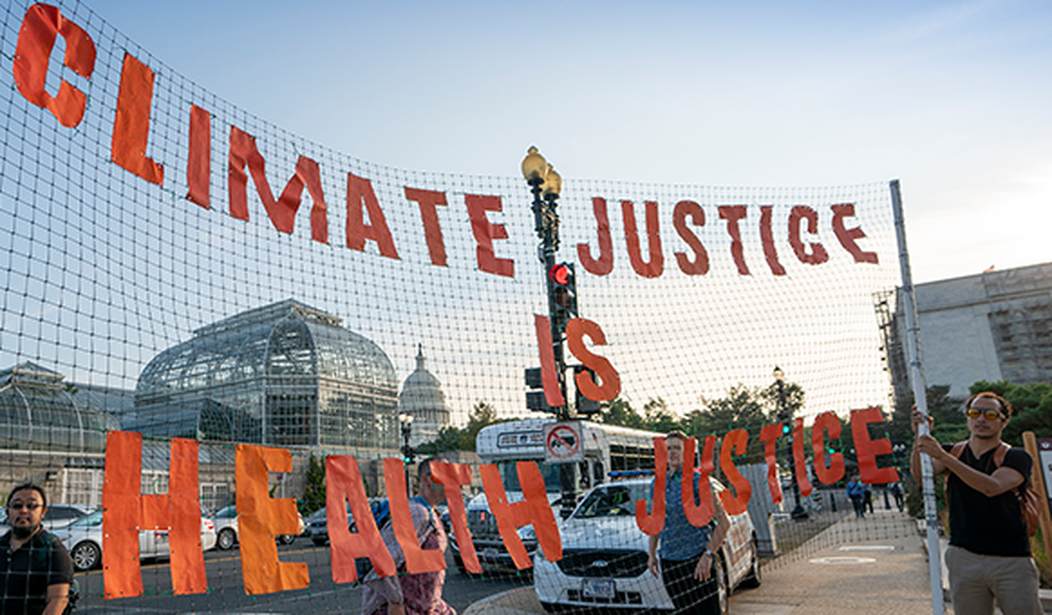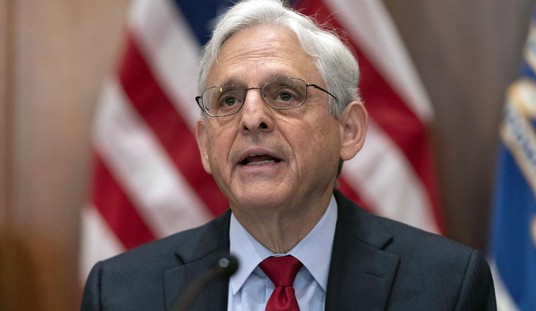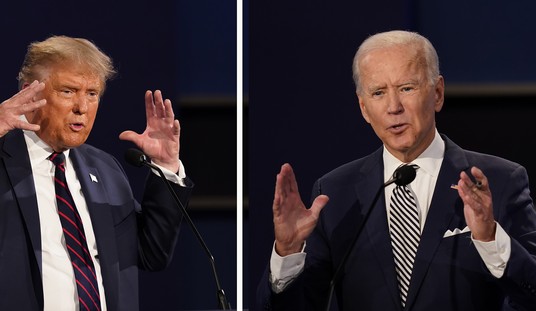A California scientist made a stunning admission, saying he left out the whole truth about climate change to get his article on wildfires published.
Patrick T. Brown, a professor at Johns Hopkins University and doctor of earth and climate sciences, admitted that he stretched and left out important pieces of the truth to make his article more appealing to editors at Nature and Science magazines.
"And the editors of these journals have made it abundantly clear, both by what they publish and what they reject, that they want climate papers that support certain pre-approved narratives—even when those narratives come at the expense of broader knowledge for society," he wrote in The Free Press.
Titled, I Left Out the Full Truth to Get My Climate Change Paper Published; Brown explained that climate change has become more about scaring people into the world is ending rather than "understanding the complexities of the world."
Brown pointed out the recent wildfires that have destroyed livelihoods, such as the one in Maui. He wrote that scientists and the media were quick to blame climate change but argued that "obviously relevant factors"— such as poor forest management— were the cause of the fires yet never discussed.
He admitted that he "focused narrowly" only on the human influence of wildfires to fit the narrative, saying that his paper is less "useful than it could have been."
Brown "knew that it would detract from the clean narrative centered on the negative impact of climate change and thus decrease the odds that the paper would pass muster with Nature's editors and reviewers."
He wrote that the argument against climate change has misinformed the public and makes practical solutions to devastating incidents more challenging to achieve.
The author noted that there are six times more PhDs earned in the U.S. each year than in the early 1960s, making it difficult for scientists to stand out and get recognized for their work.
Recommended
As a result, the audience gets skewed information.
"In theory, scientific research should prize curiosity, dispassionate objectivity, and a commitment to uncovering the truth. Surely, those are the qualities that editors of scientific journals should value. In reality, the biases of the editors (and the reviewers they call upon to evaluate submissions) exert a major influence on the collective output of entire fields. They select what gets published from a large pool of entries, and in doing so, they also shape how research is conducted more broadly. Savvy researchers tailor their studies to maximize the likelihood that their work is accepted," he wrote.
Republican California Assembly leader James Gallagher condemned Democrats as pushing climate change on the country, claiming information is "cherry-pick data" to "fit their agenda."
























Join the conversation as a VIP Member